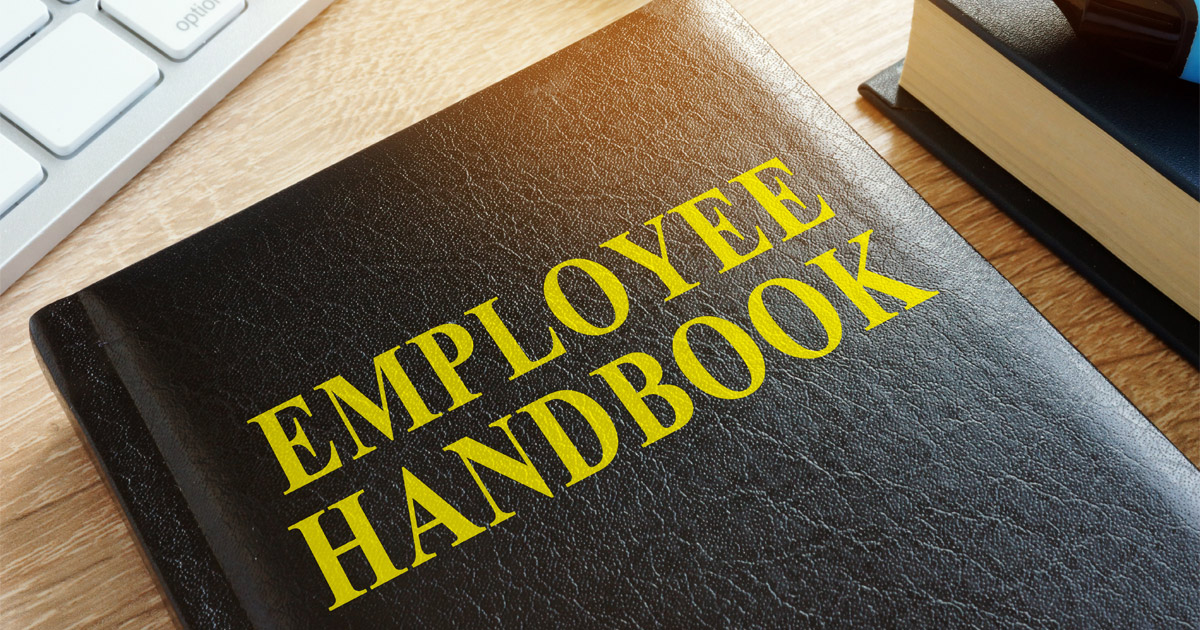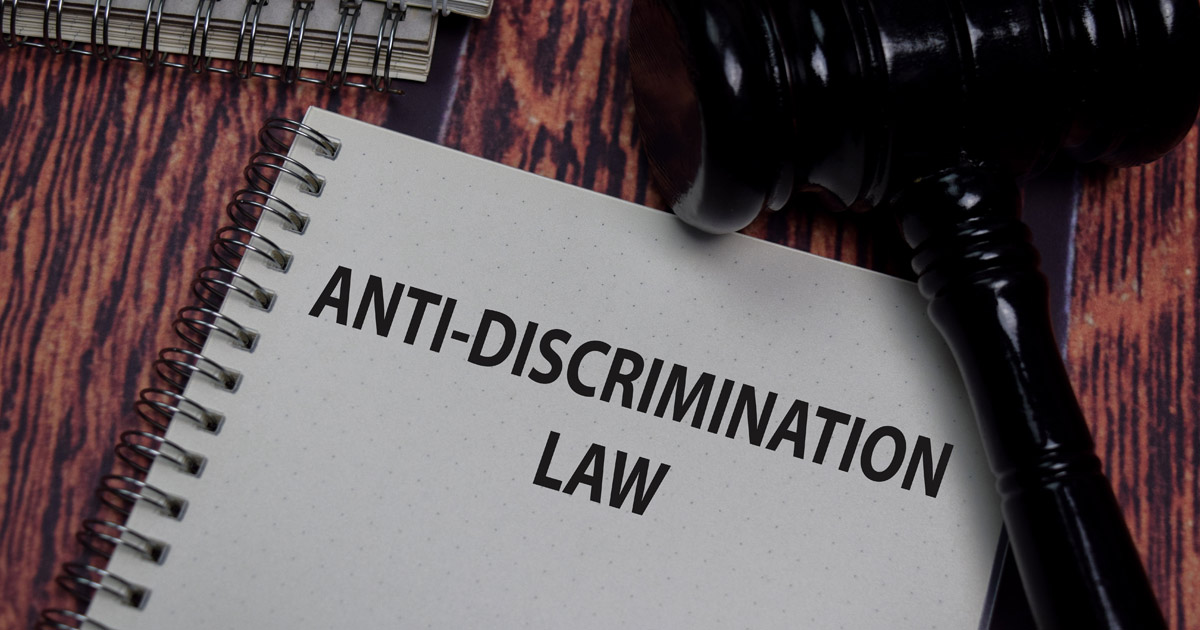Do Employers Need to Supply Employees With a Handbook?

An employee handbook is often viewed as a quintessential component of any organization. However, is it legally required for employers to provide their employees with a handbook? The short answer: no. There is no explicit legal obligation for businesses to have an employee handbook. However, the value and benefits of having a well-drafted handbook should not be underestimated.
Why Employee Handbooks Are Important?
While not legally mandatory, there are compelling reasons why employers should consider providing their employees with a handbook. An employee handbook is a central repository of an organization’s policies and procedures. It clearly communicates the expectations, rights, and responsibilities of both the employer and the employee.
Without written policies, misunderstandings can arise, leading to conflicts, decreased productivity, and potential legal issues. Employers can ensure that all employees receive consistent information by documenting policies in a handbook. This also helps to foster a sense of fairness and transparency within the organization, thereby boosting morale and engagement.
What Should Be Included in an Employee Handbook?
A practical employee handbook should cover a broad spectrum of topics that pertain to the workplace. Here are some key areas that should be included:
- Company culture and values: This section allows businesses to introduce their mission, vision, and values, setting the tone for the work environment.
- Employment policies: This includes details about work schedules, attendance, performance reviews, promotions, and termination procedures.
- Compensation and benefits: Information about salary structures, bonuses, raises, health benefits, retirement plans, and vacation time should be clearly outlined.
- Workplace conduct: This encompasses rules regarding dress code, harassment, discrimination, and other related issues.
- Safety and security: Policies related to workplace safety, emergency procedures, and data security should be explicitly stated.
- Legal rights and obligations: This includes information about compliance with federal and state employment laws.
When creating an employee handbook, it is crucial to incorporate several legal matters to ensure the company’s operations align with the law and protect the company and its employees. Here are some critical legal topics that should be addressed:
- Equal Employment Opportunity (EEO): Companies must adhere to EEO laws prohibiting discrimination based on race, color, religion, sex, national origin, age, disability, or genetic information. The handbook should clearly state the company’s commitment to EEO principles.
- Harassment and discrimination policies: A comprehensive policy against harassment and discrimination, including sexual harassment, should be included. The policy should define what constitutes harassment, provide examples of prohibited behaviors, and outline the procedure for reporting and investigating complaints.
- Family and Medical Leave Act (FMLA): If your company is subject to FMLA, policies regarding leave entitlements for eligible employees due to medical and family reasons should be clearly articulated.
- Americans with Disabilities Act (ADA): The ADA requires employers to provide reasonable accommodations to qualified individuals with disabilities. The handbook should outline your company’s commitment to comply with ADA regulations.
- Fair Labor Standards Act (FLSA): This act regulates minimum wage, overtime pay, recordkeeping, and child labor. Your handbook should include policies regarding work hours, breaks, compensation, and overtime to ensure compliance with FLSA.
- Occupational Safety and Health Administration (OSHA) regulations: Employers must provide a safe working environment. Your handbook should include policies on workplace safety, injury reporting, and emergency procedures.
- At-will employment: If you operate in an at-will employment state, it is crucial to include a statement that employment is at-will, meaning that either the employer or the employee can terminate the employment relationship at any time.
- Confidentiality and non-disclosure agreements (NDAs): To protect your business’s proprietary information, the handbook should include policies about confidentiality and non-disclosure.
- Social media and electronic communication policy: In the digital age, it is important to have clear guidelines about the company’s acceptable use of social media and electronic communication.
- Drug-free workplace policy: If applicable, include a policy that promotes a drug-free workplace.
The Role of a Lawyer in Drafting an Employee Handbook
Given the legal implications associated with various aspects of employment, a lawyer should assist in drafting an employee handbook. A lawyer can help ensure the handbook is comprehensive and compliant with all relevant laws and regulations.
A lawyer can help articulate policies clearly and unambiguously, reducing the risk of misinterpretation. They can also keep the handbook updated to reflect changes in the law, protecting the company from potential legal pitfalls.
Furthermore, a lawyer can help create a handbook customized to the business’s specific needs and circumstances. They can advise on handling sensitive topics, such as harassment and discrimination, in a manner that aligns with best legal practices.
Philadelphia Business Lawyers at Sidkoff, Pincus & Green P.C. Can Help Protect Your Business
There are many employment laws you need to follow. For legal help with getting a compliant handbook and policies, speak with our Philadelphia business lawyers at Sidkoff, Pincus & Green P.C. Call us at 215-574-0600 or contact us online to schedule a consultation. Located in Philadelphia, we serve clients in Pennsylvania and New Jersey.






















